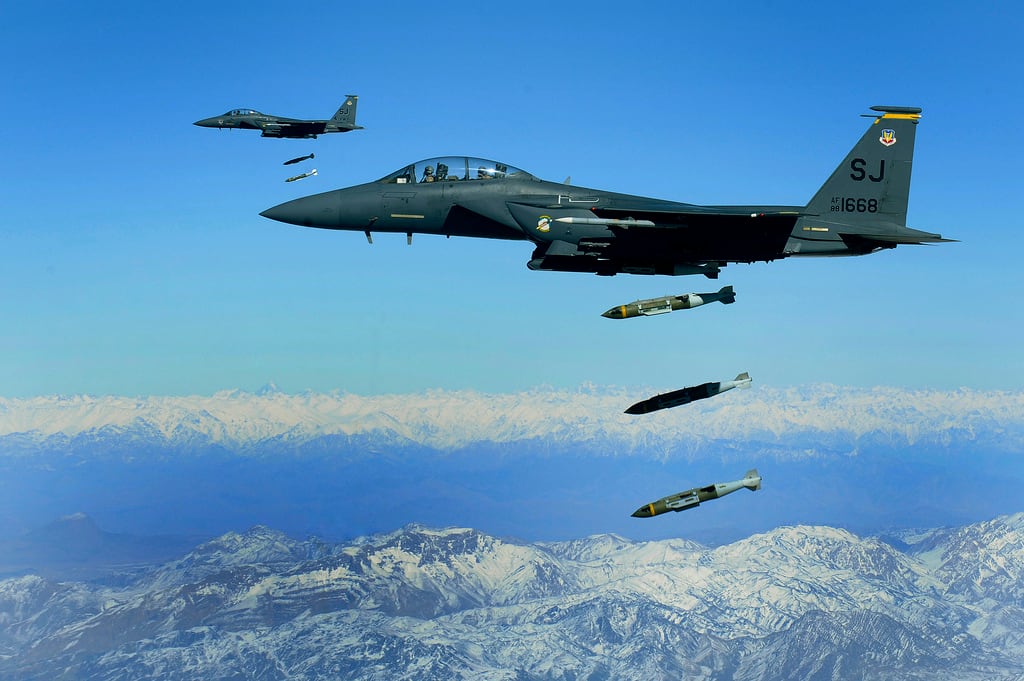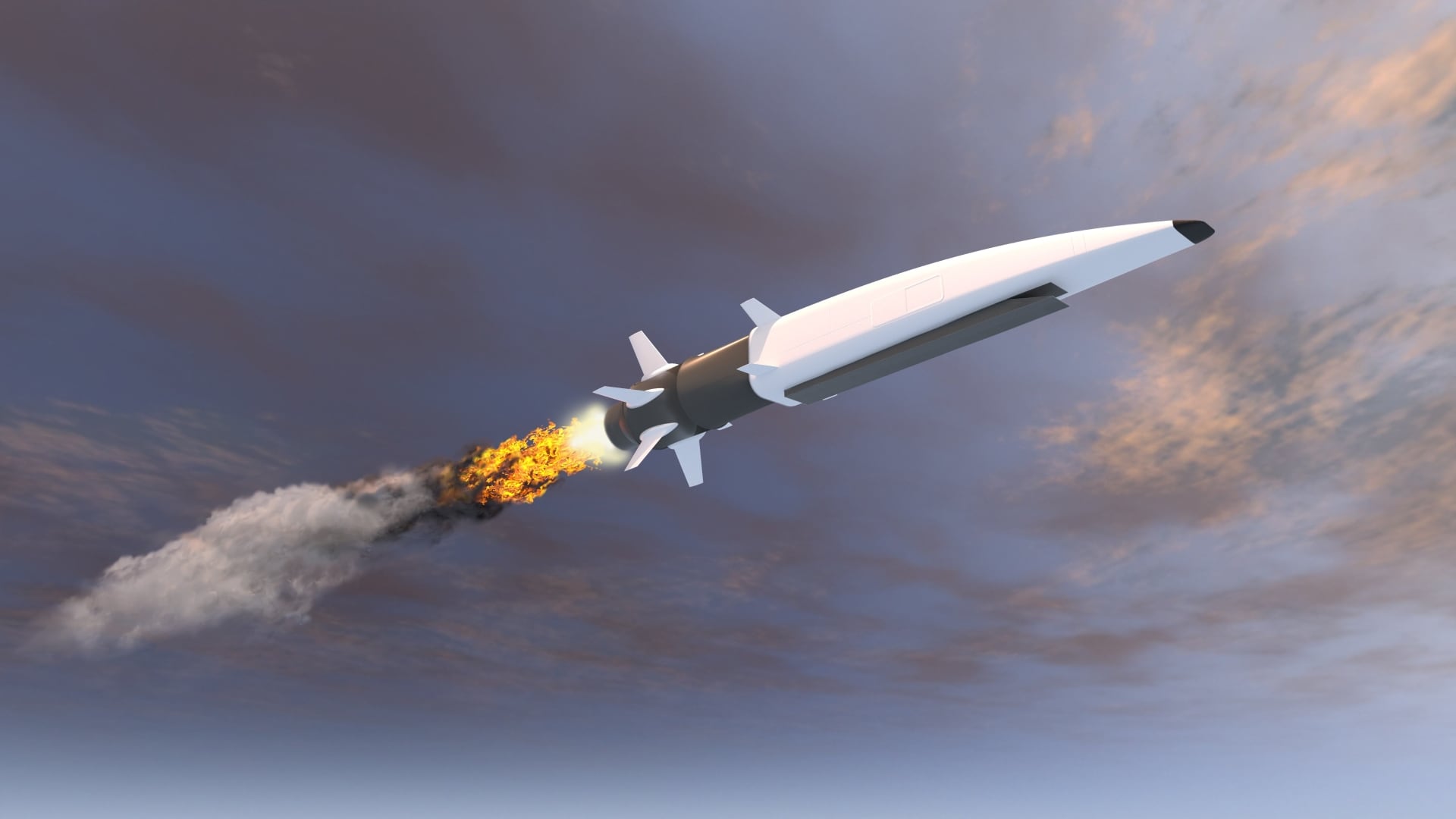WASHINGTON — If Democrats take the House in November, expect the new leadership of the House Armed Services Committee to train a skeptical eye on President Donald Trump’s nuclear weapons plan and attempt to rein in the Pentagon’s actions around the globe.
Speaking at the second annual Defense News Conference, Rep. Adam Smith, the Washington representative who would become the HASC chairman if the parties flip, laid out his vision for what a Democratic HASC would look like.
Top of the list in what might change between a Republican and Democratic HASC: “nuclear weapons,” according to Smith.
“I think the Republican party and the nuclear posture review contemplates a lot more nuclear weapons than I — and I think most Democrats — think we need. We also think the idea of low-yield nuclear weapons are extremely problematic going forward,” Smith said. “When we look at the larger budget picture, that’s not the best place to spend the money.”
Smith later added that the expected price tag for upgrading America’s nuclear weapons — one potential estimate was $1.2 trillion over the next 30 years before the Pentagon’s plans for two new systems were revealed — meant the U.S. “certainly can’t afford it.”
“Where can we save money? Where are we spending money where we shouldn’t be spending money?,” he asked rhetorically, adding he believes America can improve deterrence by using those funds on conventional capabilities. “I think nuclear weapons are an area where we are spending too much.”
More broadly, Smith said he wanted the HASC to “step up” on oversight of what he called an “expansive” military taking part in operations all over the globe.
He pointed to Niger as an example where special operators were supposed to only be involved in a train and equip mission, but exceeded the boundaries of that operation — a situation that led to the deaths of four Americans last October.
“The Trump White House, by and large, has let the Pentagon have a lot of free rein,” Smith said. “I think that’s inappropriate, and I think there is a real role for congress to step in where the White House has stepped back to make sure our military is not engaged in ways” contrary to American values or interests.
RELATED

He also called out the ongoing conflict in Yemen as a “major problem."
“I don’t think we are pursuing the right policy there," he said. "It is leading to the largest humanitarian crisis on the planet.”
Given that Democrats in both the Senate and House have attempted legislation to investigate American support for the Saudi coalition, Smith’s comments seem like a warning sign that greater scrutiny of that conflict in particular is on the table if the HASC flips.
Finally, Smith said he would be “actively engaged” in fighting for the rights of women and members of the LGBTQ community to take part in military service however they desire.
He lashed out at the idea that, at a time of personnel shortfalls, a qualified individual could not serve “because of some bigoted bias with no basis in reality,” adding: “I think it’s wrong and something in the committee that, if I were the chairman, I would be actively involved in fighting.”
Aaron Mehta was deputy editor and senior Pentagon correspondent for Defense News, covering policy, strategy and acquisition at the highest levels of the Defense Department and its international partners.







